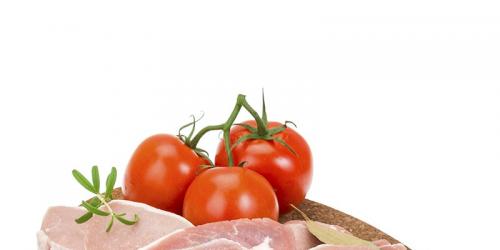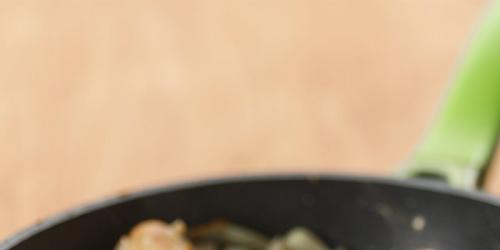Over half of women who have been on holiday (54%) have had their holiday spoilt by a health issue, according to a new poll commissioned by constipation treatment Dulcolax.
Over a third (39%) have had a break ruined by a bowel problem like diarrhoea (24%) or constipation (8%) and feeling bloated or bunged up (7%).
Nutritionist and bowel expert Kate Arnold says:
“It's awful when you become unwell on holiday or something happens to spoil it - you don't want anything to get in the way of your precious time off. Unfortunately, digestive problems like constipation or diarrhoea are common due to the change in your routine. Spending more time sitting in a car, or on a plane or by the pool and eating different foods at odd times can cause problems and really affect how you feel. Luckily there are many ways to prevent these problems on a vegan diet.
In fact, many of the key tips about avoiding constipation are aligned with a vegan diet. For instance, making sure you’re eating lots of high-fibre foods is vital. Vegetables and nuts are great sources of fibre, as well as protein and vitamins and minerals.
However, while it’s a good idea to eat a wide range of vegetables, if you’re prone to constipation on holiday, it’s worth thinking carefully about which ones to eat and in what form. Some vegetables, especially cruciferous ones like broccoli, kale and cauliflower can be hard to digest in raw form. Go for well cooked versions if you’re at all concerned about your digestion.
Legumes, cauliflower, broccoli, cabbage, asparagus and onions are high FODmaps (which stands for Fermentable, Oligo-, Di-, Mono-saccharides and Polyols). These short chain carbohydrates are poorly absorbed in the small intestine. This can often cause bloating and sometimes constipation.
Try greens, butternut squash and bell peppers instead, as these are low FODmap.
Pulses and beans are a fantastic source of protein for vegans, but as they are high FODmap they may negatively affect your digestion. Try tofu, tempeh, Quorn, nuts and seeds instead. A peppermint or fennel tea after dinner can be soothing for your digestion, drunk hot or cold. They can help calm the digestive tract and ease bloating and wind.
Pineapple and papaya are a tasty way of helping out your gut. They contain digestive enzymes that may help ease the stomach and may promote easier digestion of protein and fat.
Where possible, instead of white pasta or rice, opt for wholegrain alternatives instead as these contain more of the fibre our bowels need to move food through.
Reducing other heavily processed foods, which tend to contain high amounts of salt, sugar and fat, can also help keep bowels regular and reduce bloating.”
To help manage constipation on holiday and to make sure it doesn’t get in the way of your plans, Dulcolax has a free guide including tips and food swaps. Download it at myconstipationrelief.com/uk/


